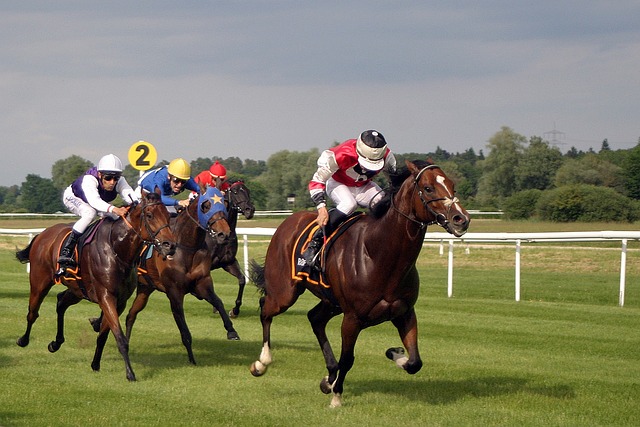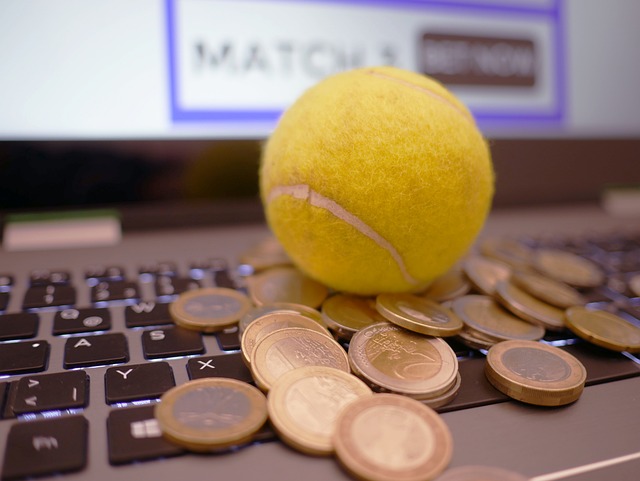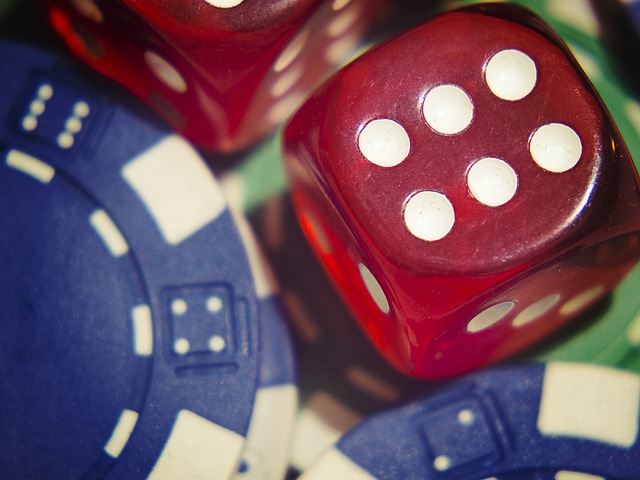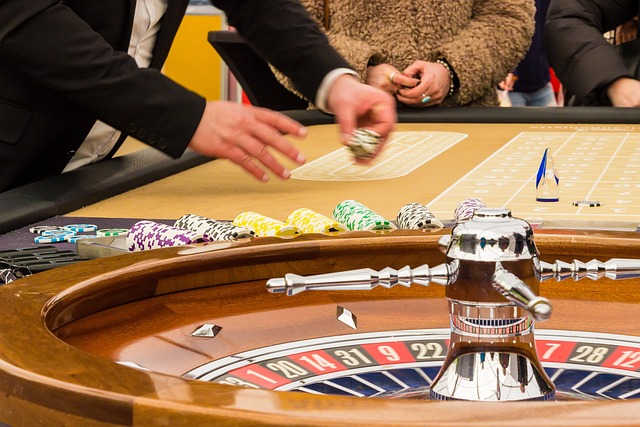In the collective imagination, the rolling of the dice and the rustling of the cards have always evoked a sense of mystery and adventure. On this historical journey, we dive into the roots of betting, uniting past and present. Today we risk forgetting the ancient origins and tradition linked to the world of gambling. Yet, betting is a human activity that has its roots in the first civilizations that appeared on the planet.
The dawn of betting: Mesopotamia and ancient Egypt
Our journey begins in dusty Mesopotamia, where, more than 5,000 years ago, dice were rolled not only for fun, but also to predict the future. It is said that kings and priests used them to make crucial decisions. In parallel, ancient Egypt was no different. The pharaohs and their court delighted in games of chance that we could only imagine today. In those eras, betting was not just a pastime, but a ritual that intertwined fate and luck, power and precariousness.
Greece and the Olympic Games
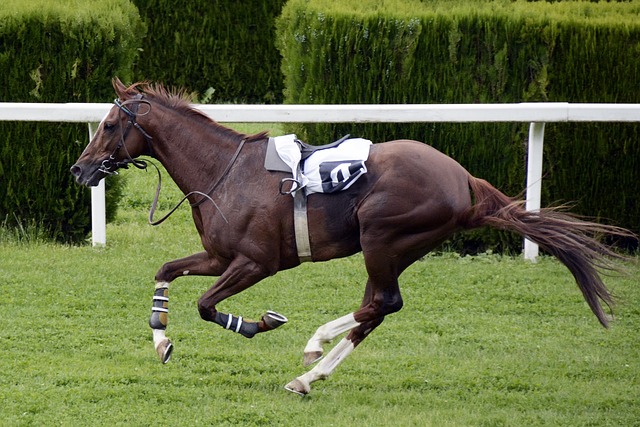
Moving towards ancient Greece, we find another fascinating chapter. Here, in addition to challenging the mind with philosophy, the ancient Greeks challenged their luck in games. The Olympics, more than just a sporting competition, were an arena for avid bettors. Imagine the tension, the spectators betting on their favorite athlete, while the glory of the gods seems to be reflected in the results of the races.
Rome: the betting empire
We then move on to the Roman Empire, where betting reaches a new magnificence. The games in the Colosseum, in addition to being shows of strength and courage, were also opportunities for wild gambling. It was not uncommon to see senators and plebeians, all united by the fever of the game. Chariot racing, in particular, was famous for the huge sums of money that revolved around it, revealing a human aspect that spans the centuries: betting as a mirror of desire and ambition.
Middle Ages: a game of nobles and plebeians
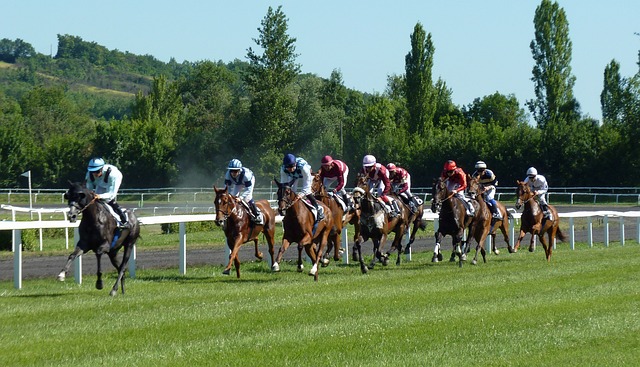
Now, leaving antiquity behind us, we find ourselves in the beating heart of the Middle Ages. This era, often misunderstood as dark and devoid of entertainment, was actually full of games of chance. From imposing castles to the humblest villages, cards and dice passed from hand to hand, creating bonds and, sometimes, rivalries. Nobles and peasants found common ground in the game, challenging fate under the same starry sky. In the lively fairs and markets, pulsating with life, a simple game could magically transform into an epic adventure, where every roll of the dice was a story in itself.
The Renaissance: When Gaming Became an Art
With the arrival of the Renaissance, an era of cultural rebirth, gambling took on a whole new charm. In this period, when mathematics merged with art and science, games also reflected a similar complexity. Imagine the gaming tables, where mathematicians and philosophers, in a ballet of numbers and strategies, elevated gambling to a true intellectual art form. In European courts, increasingly intricate games were enjoyed, an enchanting combination of luck and ingenuity.
